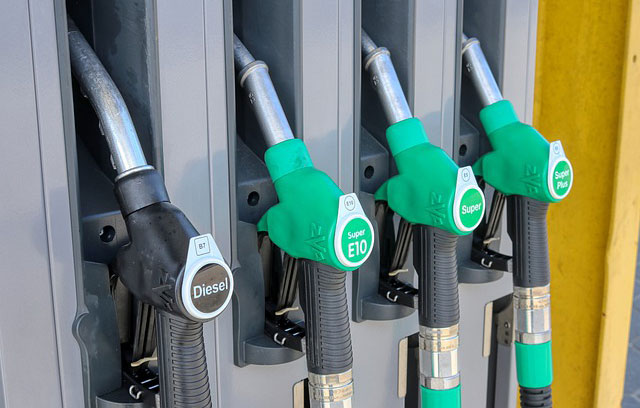Source: Oleoscope (Russia)
Biodiesel production in Brazil is expected to increase by 18% to 8.9 billion liters this year. Consumption is also expected to rise by 18%, reports Biodisel Magazine, citing an August 31 report by the US Department of Agriculture’s (USDA) Global Agricultural Information Network.
The growth is attributed to both the growing number of diesel plants and the increasing blending obligation. The Brazilian government has increased the biodiesel blending obligation from 12% to 14% from March 1, 2024. The current plan is to start blending category B15 in 2025.
According to the report, there are currently 62 biodiesel plants in Brazil, compared to 61 in 2023 and 57 in 2022.
Total capacity for 2024 is estimated at 14.89 billion gallons (+3.93 billion gallons) per year, up from 14.378 billion gallons last year and 13.66 billion gallons in 2022. Capacity utilization is expected to reach 55% in 2024, up from 52% in 2023 and 50% in 2022.
Total imports will reach 2 million gallons this year, unchanged from the previous three years. Exports will reach 4 million liters, unchanged from 2023, but less than the 5 million liters of 2022. Total biodiesel consumption in Brazil is expected to reach 13.2% in 2024, compared to 11.4% last year and 10.7% in 2022.
Soybean oil is the most important feedstock for biodiesel production in Brazil, followed by animal fat, palm oil and used cooking oil.
Global biodiesel production will reach a record 76.3 million tons this year, an increase of 7% compared to the previous year. The USA, Brazil and Indonesia have significantly increased their production in recent years and account for almost 60 percent of global biodiesel production. Ten years ago, these countries still accounted for 35%.

